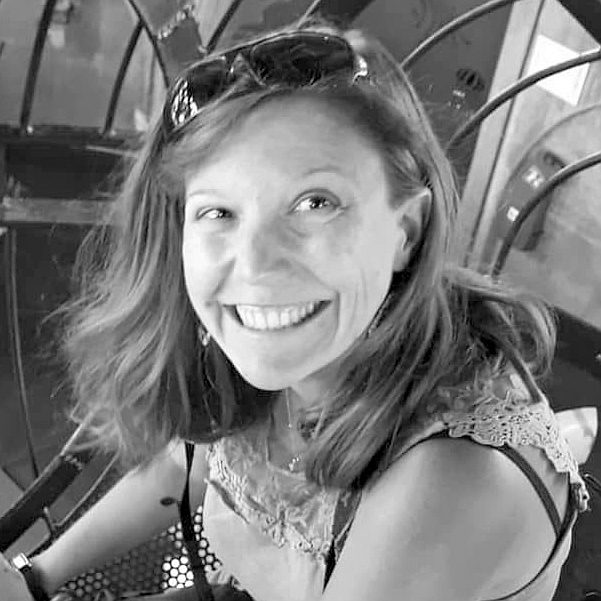
Dr. Camille Troisi
Terrestrial Ecology Unit
Department of Biology
Ghent University
K.L. Ledeganckstraat 35
9000 Gent Belgium
E-mail: camille.troisi@ugent.be
I am a behavioural ecologist interested in cognition, social behaviour, and the interaction of the two. My PhD work (University of St Andrews, Scotland, UK) focused on potential cases of teaching behaviour, to investigate whether adults modified their behaviour in the presence of juveniles and whether juveniles learned from those modified behaviour. While working on social learning, I developed a keen interest in the effects that early life experience have on the development of juveniles’ behaviour and decision making. My main study system were the golden lion tamarin (Leontopithecus rosalia) and chickens (Gallus gallus domesticus), and I used both field and lab work to investigate factors influencing social learning and cognitive skills.
Following my PhD, I conducted a postdoc at University College Cork (Ireland), focusing on individual variation of cognition in wild great tits (Parus major). I worked on better understanding what it is that we are measuring when using cognitive tasks in the lab, and also worked on factors influencing social interactions and social structure in wild populations.
I am currently based at the Department of Experimental Psychology, working on how early-life experience influence individual variation in response inhibition, and other cognitive abilities required to thrive in urban environments. For this part of the project, I am manipulating both the learning experience and nutritional input of young gulls (Larus fuscus and Larus argentatus), in way that mimic urban and non-urban environments. This enables me to establish a causal relationship between different factors in early life and cognition and behavior. This work is conducted at UGent’s research facilities at the Vogel Opvang Centrum (VOC) in Ostend. I am also working on the function of individual variation in cognition. As gulls are released after cognitive testing, I am examining how variation in cognitive abilities (mostly response inhibition) may explain variation in behaviour observed in the wild (mostly in terms of habitat use and foraging decisions).